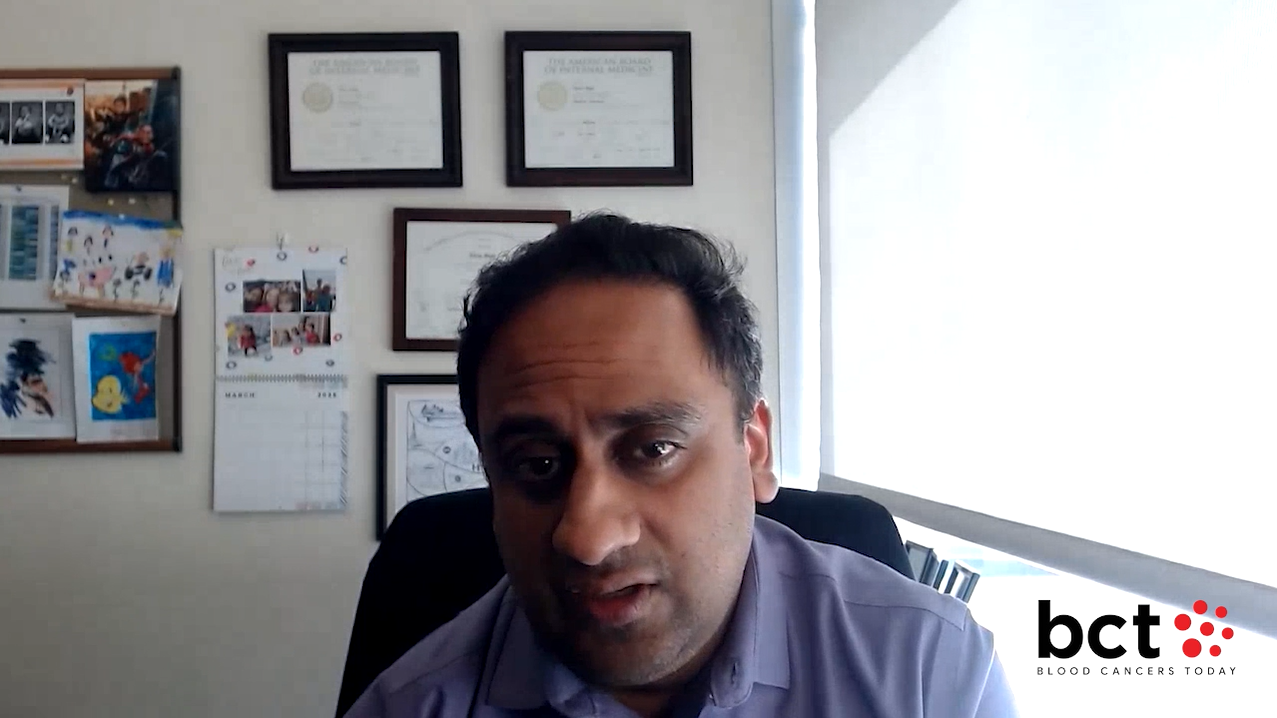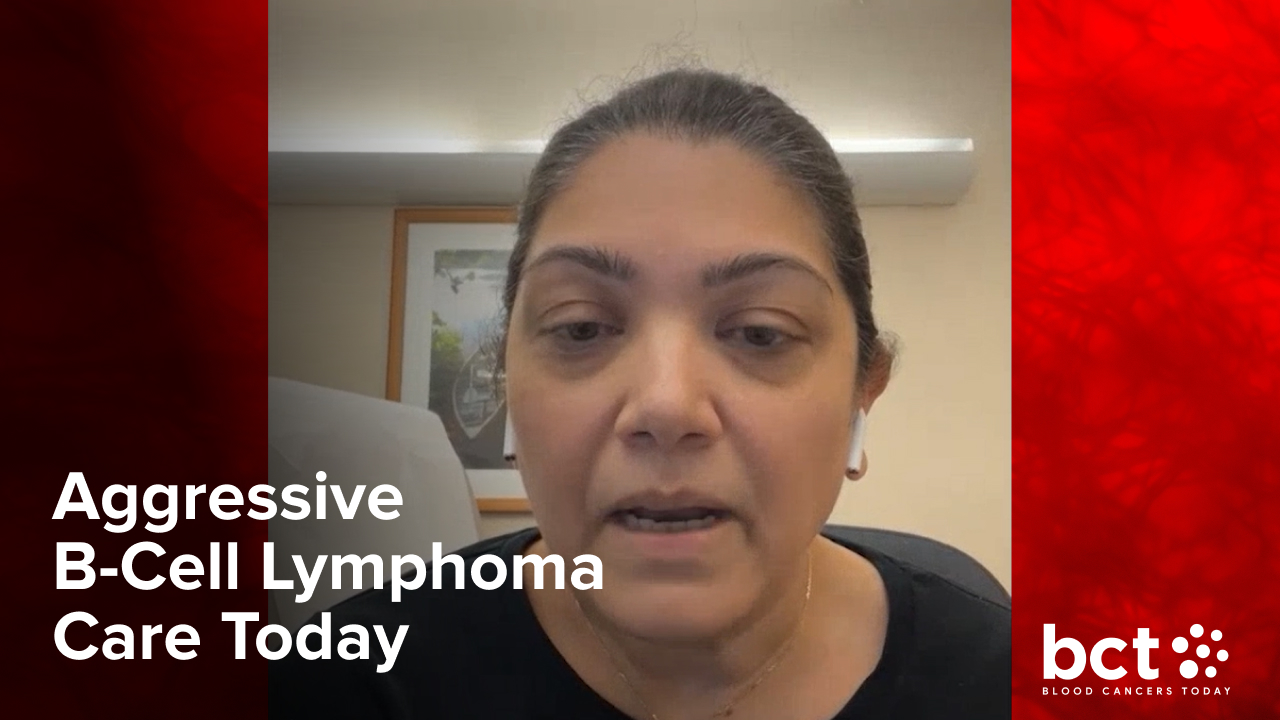
Post-transplant cyclophosphamide reduced the risk of severe acute graft-versus-host-disease (GVHD) in patients with deleterious germline DDX41-associated myeloid neoplasms who received hematopoietic stem cell transplantation (HSCT).
Caner Saygin, MD, of the University of Chicago, and colleagues conducted the research because there is “increasing recognition that pathogenic germline variants drive the development of hematopoietic cancers in many individuals,” but patients with hereditary hematologic malignancies currently “receive similar standard therapies and HSCT approaches as those with sporadic disease.”
They hypothesized that “patients with myeloid malignancies and deleterious germ line predisposition variants have different post-transplant outcomes than those without such alleles.”
The study included 472 patients with myeloid neoplasms. Deleterious germline variants were reported in 26% of patients and 34% underwent HSCT. Deleterious germline variants in CHEK2 occurred most commonly in American cohorts, while variants in DDX41 were most commonly reported in Australian cohorts.
The rate of stage 3 to stage 4 acute GVHD was 38% in patients with deleterious germline variants in DDX41, while it was 0% in those with CHEK2 variants, 12% in those with other hereditary hematologic malignancy variants, and 9% in patients without variants (P=.002).
“Importantly, the use of post-transplant cyclophosphamide reduced the risk of severe acute GVHD in patients receiving HSCT for deleterious germline DDX41-associated myeloid neoplasms,” Dr. Saygin and colleagues wrote.
None of the patients with DDX41 variants who received post-HSCT cyclophosphamide developed severe acute GVHD, while 53% of those who received other GVHD prophylaxis regimens developed severe acute GVHD (P=.03)
A multivariable logistic regression analysis showed germline DDX41 status remained an independent predictor of acute GVHD at all stages, as well as stage 2 to stage 4 acute GVHD.
“Based on these results, we advocate the use of post-transplant cyclophosphamide when individuals with deleterious germline DDX41 variants undergo allogeneic HSCT for myeloid malignancies, even when transplantation has been performed using wild-type donors,” the study’s authors concluded.
Reference
Saygin C, Roloff G, Hahn CN, et al. Allogeneic hematopoietic stem cell transplant outcomes in adults with inherited myeloid malignancies. Blood Adv. 2023;7(4):549-554. doi:10.1182/bloodadvances.2022008172






 © 2025 Mashup Media, LLC, a Formedics Property. All Rights Reserved.
© 2025 Mashup Media, LLC, a Formedics Property. All Rights Reserved.